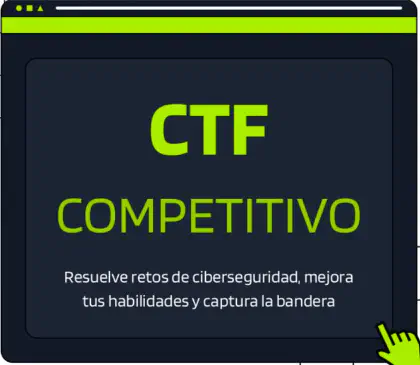Researchers from the GRAFO group and cybersecurity students organize the first Competitive CTF cybersecurity course.

During 12 weeks from October to December a cybersecurity course has been held, this course divided into 4 modules: Introduction and Cryptography, OSINT, Forensic Analysis and Steganography, Server Attacks and Web Exploitation, Reversing and Binary Exploitation.
More than a hundred students attended the first edition of the cybersecurity course related to CTFs, competitive. PhD students Raúl Martín Santamaría, Sergio Pérez Peló and Isaac Lozano Osorio collaborated in the organization of the course together with the cybersecurity students.
What is a CTF competition?
A CTF is an individual or team competition in which participants must overcome different cybersecurity challenges to obtain a code, known as a “flag”, which awards them a series of points.
What was the course about?
This course covered the different concepts and modules from an introductory level, without leaving out the more advanced attendees. All that was needed was a willingness to learn and to share knowledge with others.
All modules included the following information.
Where to continue practicing?
For the people who did the course, if you want to continue improving and practicing with some challenges, you can start with https://tryhackme.com/ or https://www.picoctf.org/.
If your level is more advanced, will you dare with the challenges of [https://www.hackthebox.com/](Hack The Box)? Let’s see if you are able to register! You can also practice with the challenges posed by CCN-CERT on its platform https://atenea.ccn-cert.cni.es/.
Official website of the course, material and recorded classes.
All the material related to the course can be found on the following website https://urjc-ctf.github.io/web/ including recorded classes, slides and challenges.